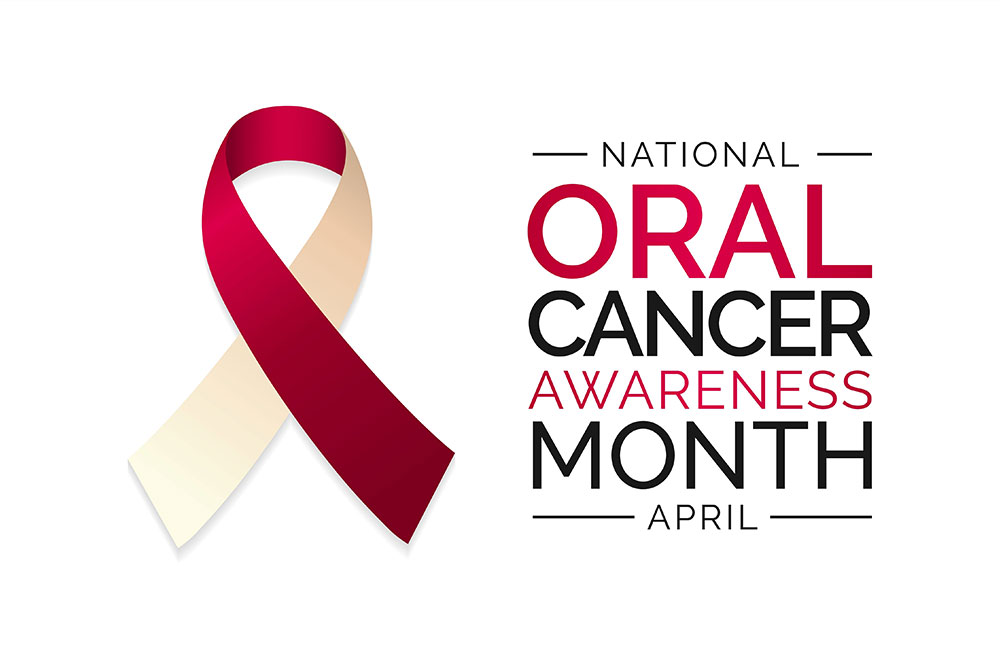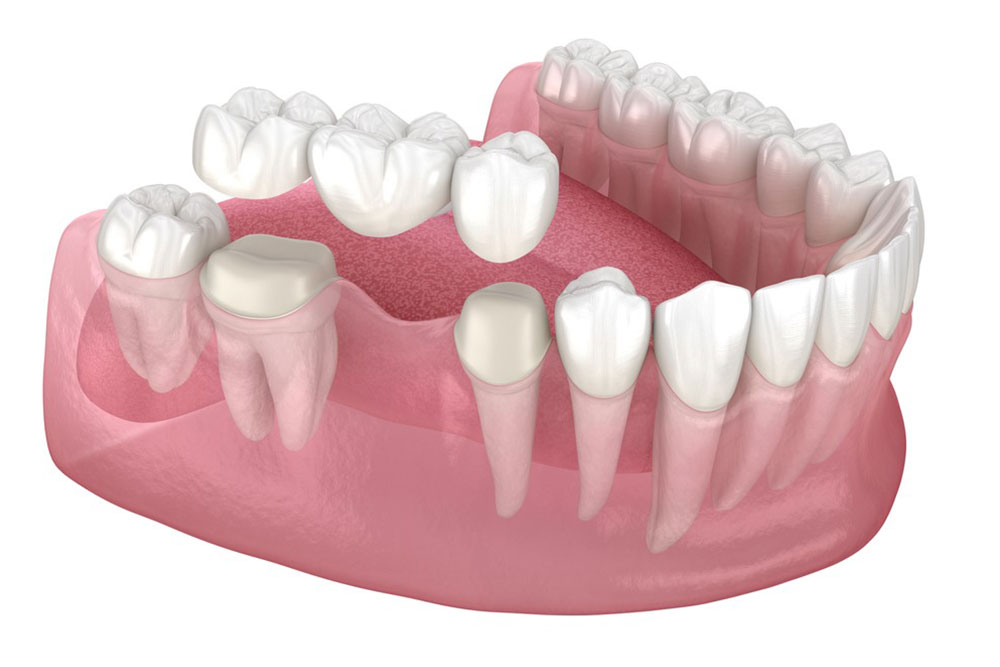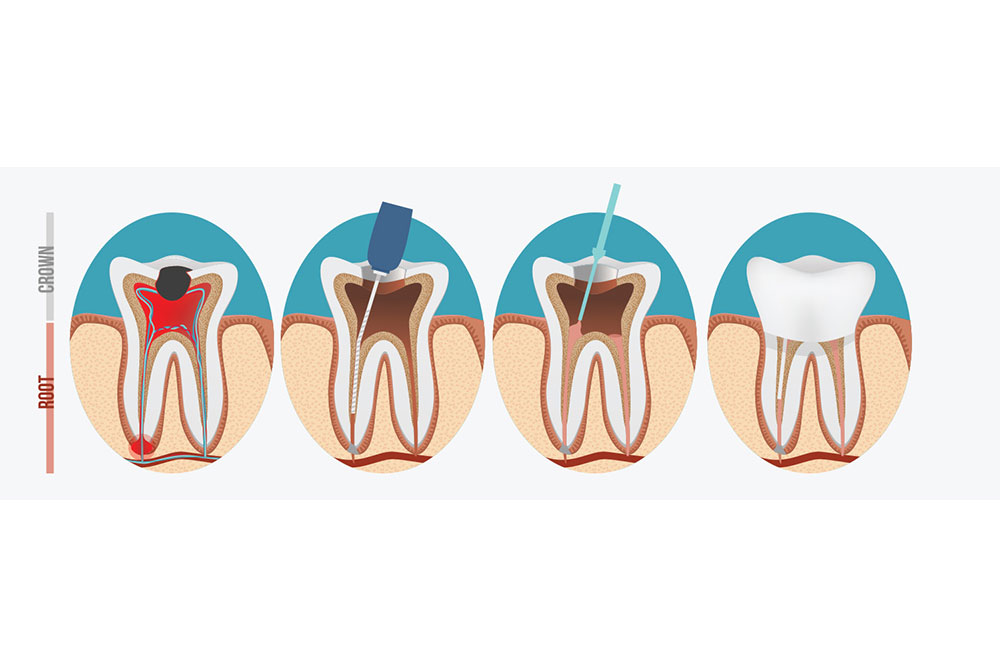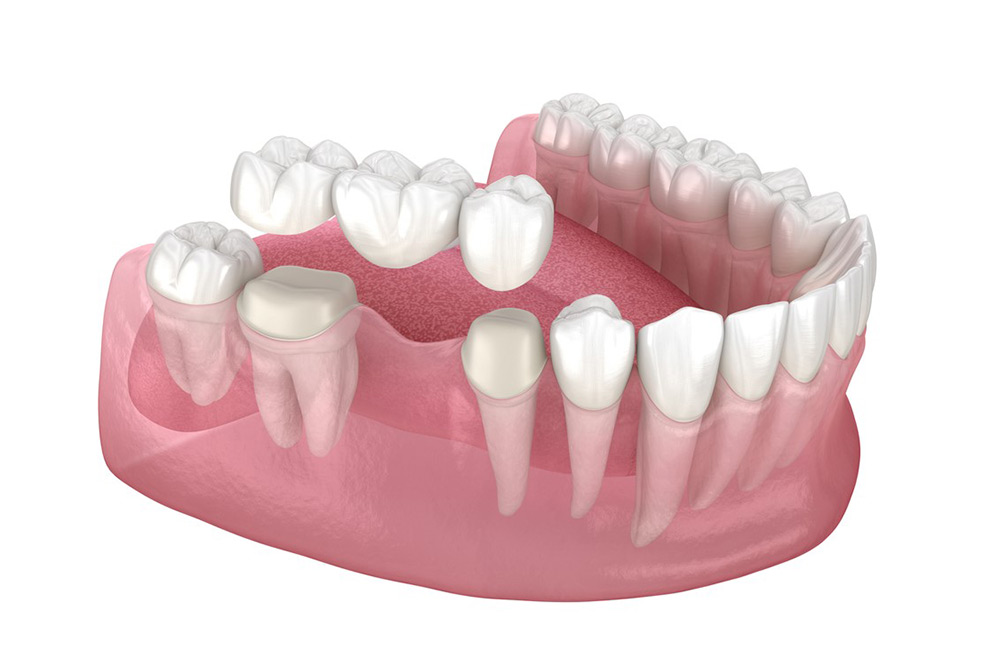Dental Information and Tips from St. Jacobs Dental Care
Understanding Tongue Tie: Assessments and Treatments
February 25, 2024 / DENTISTRY

Have you ever experienced difficulty with breastfeeding, speech impediments, or even trouble with certain oral functions? These issues might be linked to a condition known as tongue tie, medically referred to as ankyloglossia. It's more common than you might think, affecting both infants and adults. In this article, we'll delve into what tongue tie is, how it's assessed, and the treatment options available.
What is Tongue Tie?
Tongue tie occurs when the thin piece of tissue under the tongue, known as the lingual frenulum, is shorter or tighter than usual. This can restrict the movement of the tongue, leading to a range of issues such as difficulty sticking out the tongue, limited range of motion, and challenges with certain oral functions.
Assessing Tongue Tie
Assessing tongue tie involves a thorough examination by a qualified dental or medical professional. During the assessment, the practitioner will evaluate the appearance and mobility of the tongue, as well as inquire about any symptoms or difficulties experienced by the patient.
Treatment Options
When it comes to treating tongue tie, there are several options available depending on the severity of the condition and the age of the individual:
- Frenotomy: This is a simple and quick procedure where the lingual frenulum is snipped or released, allowing for improved tongue movement. It's often performed on infants and can be done in the dental office without the need for general anesthesia.
- Frenuloplasty: In cases where the frenulum is thicker or the tongue tie is more severe, a frenuloplasty may be recommended. This involves surgically releasing the frenulum under local anesthesia, providing greater freedom of movement for the tongue.
- Myofunctional Therapy: In some instances, myofunctional therapy may be recommended as part of the treatment plan. This involves exercises and techniques designed to improve tongue function and coordination.
Tongue tie can have a significant impact on oral function and overall well-being. If you or your child are experiencing symptoms related to tongue tie, it's important to seek professional evaluation and guidance from a qualified dental or medical professional.
At St. Jacobs Dental Care we offer comprehensive assessments and personalized treatment plans for tongue tie to help improve oral function and quality of life. Don't let tongue tie hold you back – schedule a consultation with us today, by calling us at (519) 664-2434, and take the first step towards better oral health and function.
Archive





























